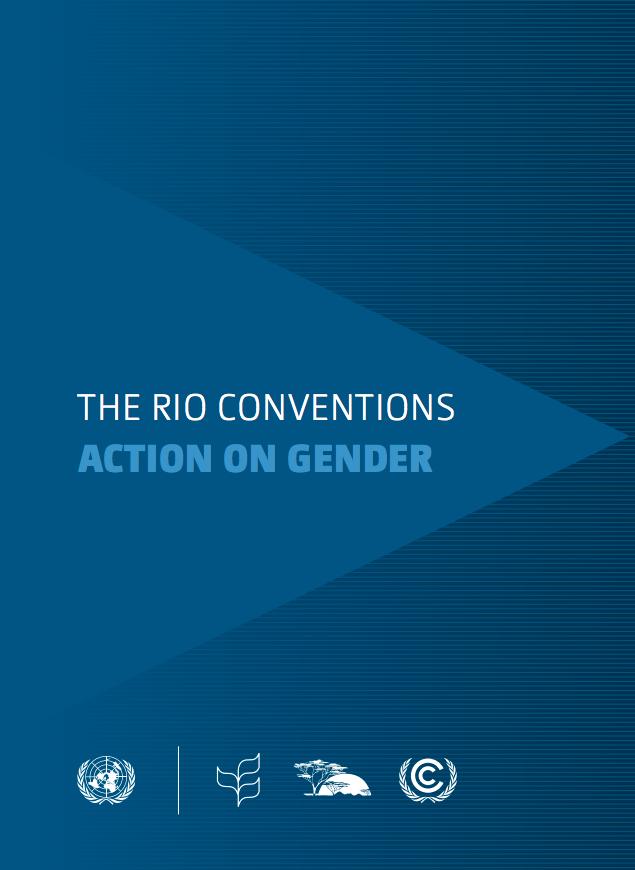Focal point
Location
Montreal QC H2Y 1N9
Canada
Tel:
Web: +1 514 288 2220
+1 514 288 6588
www.cbd.int
The Secretariat of the Convention on Biological Diversity was established (Article 24) to support the goals of the Convention. Its principal functions are to prepare for, and service, meetings of the Conferences of the Parties (COP) and other subsidiary bodies of the Convention, and to coordinate with relevant international bodies.
As a neutral organization staffed by international civil servants, the Secretariat is accountable to the COP and its subsidiary bodies and carries out those tasks that fall under its associated mandate.
The Secretariat is institutionally linked to UN Environment, its host institution and, pursuant to decision II/19, is located in Montreal, Canada since 1996. It currently employs some 110 staff, including short-term staff and consultants. Civil servants of the Secretariat come from around the world. Its head, the Executive Secretary, is appointed by the Secretary-General of the United Nations in consultation with the COP through its Bureau.
The Secretariat assists and provides administrative support to the COP, the Subsidiary Body on Scientific, Technical and Technological Advice and other Convention bodies. It represents the day-to-day focal point for the Convention, organizes all meetings under the Convention, prepares background documentation for those meeting and facilitates the flow of authoritative information on the implementation of the Convention. The Secretariat plays a significant role in coordinating the work carried out under the Convention with that of other relevant institutions and conventions, and represents the Convention at meetings of relevant bodies.
The Parties to the Convention have established trust funds to meet the costs of administering the Convention, including the costs of the Secretariat. All Parties contribute to the budget of the Convention. The Financial Rules for the Administration of the Trust Fund of the Convention on Biological Diversity were adopted by the first meeting of the Conference of the Parties through its decision I/6. Contributions made by Parties to the Convention to the Trust Fund are based on the UN scale of assessments.
The Secretariat plays a significant role in supporting the implementation of the Convention. This can be fulfilled, for example by compilation of national reports on compliance by domestic authorities. The Secretariat transmits such reports and information to the COP and sometimes elaborates a synthesis of the national reports and information on implementation. The Secretariat also acts as information clearing house. In light of this, the Secretariat is strengthening its information dissemination activities on public awareness, information and training, in order to facilitate implementation of Article 13 of the Convention on Public Education and Awareness.
In spite of the considerable advancements achieved by the Convention since its entry into force, the extent of the biodiversity challenge facing the international community requires urgent additional efforts as well as enhanced international cooperation and inter-agency collaboration on the scale necessary to translate the three objectives of the Convention into reality and achieve the Strategic Plan for Biodiversity 2011-2020, its Aichi Biodiversity Targets, and the Sustainable Development Goals.
To achieve such a strategic objective, a new era of enhanced implementation is required. The Secretariat is fully committed, through the highest standards of professionalism and objectivity, in performing an enhanced role in facilitating and supporting implementation of the Convention on Biological Diversity by Parties and stakeholders.
Members:
Resources
Displaying 1 - 5 of 12Metadata on SDGs Indicator 15.3.1
Indicator 15.3.1: Proportion of land that is degraded over total land area
Land Degradation Neutrality for Biodiversity Conservation
Land degradation and biodiversity loss are among the most pressing environmental challenges facing humanity. Land degradation has reduced the productivity of nearly one-quarter of the global land surface, impacted the wellbeing of about 3.2 billion people and cost about 10% of annual global gross domestic product in lost ecosystem services. An estimated 23% of total anthropogenic greenhouse gas emissions derive from agriculture, forestry and other land uses, contributing to climate change.
Global Land Outlook
Land is an essential building block of civilization yet its contribution to our quality of life is perceived and valued in starkly different and often incompatible ways. Conflicts about land use are intensifying in many countries. The world has reached a point where we must reconcile these differences and rethink the way in which we use and manage the land.
Recognizing and Supporting Territories and Areas Conserved by Indigenous and Local Communities
This publication is based on a range of past studies on ICCAs conducted in several regions of the world in the last two decades, and, most recently, on 19 country level case studies. The latter were commissioned as part of a project on ICCA Recognition and Support, undertaken by the ICCA Consortium, coordinated by Kalpavriksh.
It also incorporates some key findings of a parallel project on ICCA Legislation, also undertaken by the ICCA Consortium, and coordinated by Natural Justice.
The publication intends to:
The Rio Conventions: Action on Gender
The year 2012 marks the twentieth anniversary of the Rio Earth Summit, which resulted in the establishment of the three Rio Conventions: the Convention on Biological Diversity (CBD), the United Nations Convention to Combat Desertification (UNCCD ) and the United Nations Framework Convention on Climate Change (UNFCCC ).


